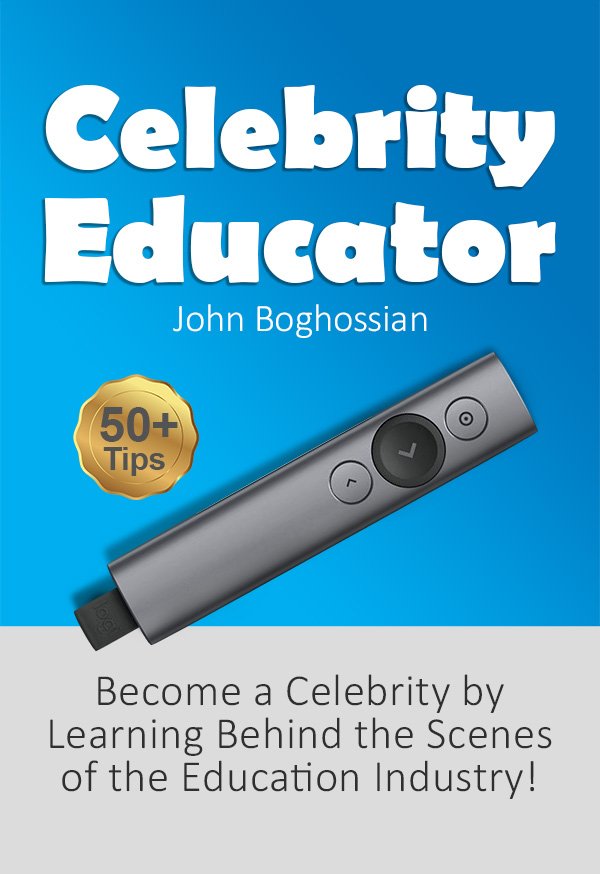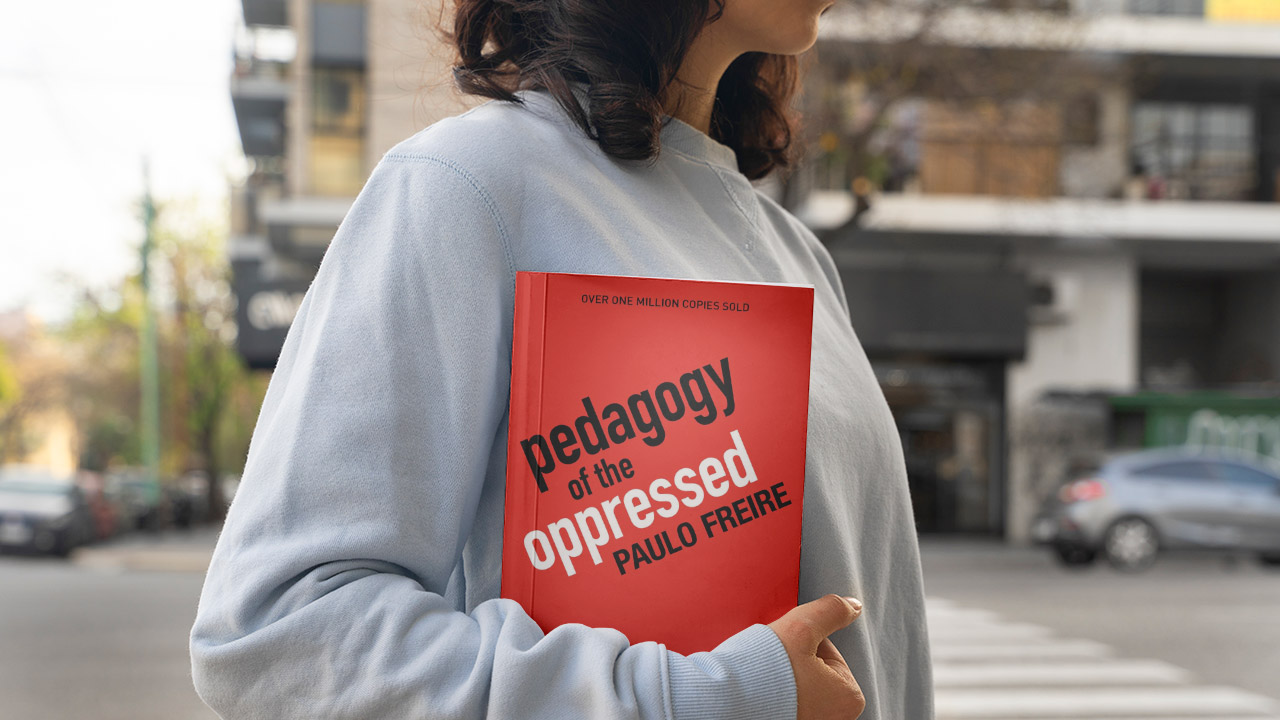Contents
- 1 The Power of Storytelling: Books for Educators
- 2 Building a Strong Foundation: Books on Educational Philosophy and Theory
- 3 Practical Strategies: Books on Classroom Management and Instructional Design
- 4 Understanding Diversity: Books on Inclusive Education and Equity
- 5 Professional Development: Books on Leadership and Career Growth for Educators
- 6 Inspiration and Motivation: Books on Personal Growth and Well-being for Educators
- 7 The Impact of Reading on Educators’ Professional Development
Reading is an essential component of professional development for educators, serving as a gateway to new ideas, methodologies, and perspectives that can significantly enhance teaching practices. In an ever-evolving educational landscape, where pedagogical strategies and student needs are constantly changing, the ability to engage with literature allows educators to remain informed and adaptable. Books for Educators provide not only theoretical frameworks but also practical insights that can be directly applied in the classroom. By immersing themselves in a variety of texts, educators can cultivate a deeper understanding of their craft, ultimately leading to improved student outcomes. Moreover, reading fosters a culture of lifelong learning among educators. It encourages them to reflect on their practices, challenge their assumptions, and explore innovative approaches to teaching. The act of reading itself can be transformative; it opens up avenues for critical thinking and self-reflection, which are vital for personal and professional growth. As educators delve into diverse genres—ranging from educational theory to narrative accounts of classroom experiences—they enrich their own knowledge base and develop a more nuanced understanding of the complexities of teaching and learning. Educators should seek out more Books for Educators to enhance their skills and knowledge.
Additionally, educators can discover a multitude of titles in Books for Educators that cover innovative instructional strategies and classroom management techniques, further enriching their teaching practices.
Key Takeaways
- Reading is essential for educators as it helps them stay updated with the latest teaching methods and educational theories.
- Storytelling through books can be a powerful tool for educators to engage students and enhance their learning experience.
- Educators can build a strong foundation by reading books on educational philosophy and theory, which can help them develop a deeper understanding of the principles of education.
- Books on classroom management and instructional design provide practical strategies that educators can implement to create a conducive learning environment.
- Understanding diversity through books on inclusive education and equity is crucial for educators to create an inclusive and equitable learning environment for all students.
The Power of Storytelling: Books for Educators
Exploring various Books for Educators can provide insights into the importance of storytelling and how it can effectively engage students.
Storytelling is a powerful pedagogical tool that can captivate students’ imaginations and enhance their learning experiences. Books that focus on storytelling techniques can provide educators with strategies to engage students more effectively. For instance, works like “The Storytelling Animal” by Jonathan Gottschall explore the science behind storytelling and its impact on human cognition.
This book illustrates how narratives can be used to make complex concepts more relatable and memorable for students. By incorporating storytelling into their lessons, educators can create a more dynamic learning environment that encourages active participation and critical thinking. Additionally, books such as “The Book Whisperer” by Donalyn Miller emphasize the importance of fostering a love for reading among students.
Miller’s approach highlights the role of choice in reading, advocating for a classroom culture where students are encouraged to select books that resonate with their interests. This not only enhances engagement but also promotes a sense of ownership over their learning journey. Educators who embrace storytelling as a teaching strategy can inspire students to connect with literature on a personal level, ultimately leading to deeper comprehension and retention of knowledge.
Incorporating more Books for Educators into the curriculum can help foster a love for reading among both educators and students.
Building a Strong Foundation: Books on Educational Philosophy and Theory
A solid grounding in educational philosophy and theory is crucial for educators seeking to understand the underlying principles that guide their practice. Books such as “Pedagogy of the Oppressed” by Paulo Freire challenge traditional notions of education and advocate for a more participatory approach to teaching. Freire’s work emphasizes the importance of dialogue and critical consciousness, encouraging educators to view their students as co-creators of knowledge rather than passive recipients.
Engaging with such texts allows educators to reflect on their own beliefs about education and consider how these beliefs shape their interactions with students. Another influential text is “How People Learn” by the National Research Council, which synthesizes research on cognitive science and its implications for teaching. This book provides educators with insights into how students learn best, emphasizing the importance of prior knowledge, motivation, and social interaction in the learning process.
By grounding their practice in established theories, educators can make informed decisions about instructional strategies that align with how students learn. This theoretical foundation not only enhances teaching effectiveness but also empowers educators to advocate for evidence-based practices within their schools.
Books for Educators that emphasize educational theory are crucial for those seeking to refine their teaching philosophies.
Practical Strategies: Books on Classroom Management and Instructional Design
Effective classroom management is essential for creating an environment conducive to learning. Books that focus on practical strategies for classroom management can equip educators with the tools they need to foster positive behavior and engagement among students. For example, “The First Days of School” by Harry Wong offers actionable advice on establishing routines, building relationships, and setting expectations from day one.
Wong’s emphasis on proactive management techniques helps educators create a structured yet flexible classroom atmosphere where students feel safe and supported. In addition to classroom management, instructional design is another critical area where reading can provide valuable insights. “Understanding by Design” by Grant Wiggins and Jay McTighe introduces the concept of backward design, encouraging educators to plan lessons with clear learning outcomes in mind.
This approach emphasizes the importance of aligning assessments with instructional goals, ensuring that students are not only engaged but also achieving meaningful learning outcomes. By integrating these practical strategies into their teaching practice, educators can enhance their effectiveness and create a more impactful learning experience for their students.
Furthermore, educators can explore practical techniques in various Books for Educators that address behavioral management and instructional design.
Understanding Diversity: Books on Inclusive Education and Equity
In today’s diverse classrooms, understanding issues related to inclusion and equity is paramount for educators. Books that address these topics can provide valuable perspectives on how to create an inclusive environment that respects and values all students’ backgrounds. “Culturally Responsive Teaching” by Geneva Gay offers insights into how educators can incorporate students’ cultural references into their teaching practices.
By recognizing the cultural assets that students bring to the classroom, educators can create more relevant and engaging learning experiences that resonate with all learners. Furthermore, “Equity 101” by Alan Blankstein delves into the systemic barriers that contribute to educational inequities. This book challenges educators to examine their own biases and consider how they can advocate for equitable practices within their schools.
By engaging with literature focused on diversity and equity, educators can develop a deeper understanding of the challenges faced by marginalized students and learn strategies to support their success. This commitment to inclusivity not only benefits individual students but also enriches the entire classroom community.
Diving into Books for Educators focused on inclusion and diversity can reshape teaching methodologies and classroom environments.
Professional Development: Books on Leadership and Career Growth for Educators
Professional development is an ongoing journey for educators seeking to enhance their skills and advance their careers. Books that focus on leadership and career growth can provide valuable insights into navigating this path effectively. “The Leadership Challenge” by James Kouzes and Barry Posner outlines key practices that effective leaders embody, such as inspiring a shared vision and enabling others to act.
Educators who aspire to take on leadership roles within their schools can benefit from these principles as they seek to influence positive change in their educational communities. Additionally, “Mindset: The New Psychology of Success” by Carol S. Dweck explores the concept of growth mindset—a belief that abilities can be developed through dedication and hard work.
This perspective is particularly relevant for educators who may face challenges in their professional journeys. By adopting a growth mindset, educators can view setbacks as opportunities for learning rather than obstacles to success. Engaging with literature focused on leadership and personal development empowers educators to take charge of their careers while fostering resilience in the face of challenges.
Books for Educators that focus on leadership qualities provide strategies for educators looking to take on greater responsibilities in their schools.
Inspiration and Motivation: Books on Personal Growth and Well-being for Educators
The demands of teaching can often lead to burnout and stress among educators, making it essential for them to prioritize their well-being. Books that focus on personal growth and self-care can provide valuable strategies for maintaining balance in both professional and personal lives. “The Gifts of Imperfection” by Brené Brown encourages readers to embrace vulnerability and authenticity as pathways to personal fulfillment.
Brown’s insights can help educators cultivate self-compassion and resilience, enabling them to navigate the challenges of teaching with greater ease. Moreover, “Atomic Habits” by James Clear offers practical strategies for building positive habits that contribute to overall well-being. Clear’s emphasis on small changes leading to significant results resonates with educators seeking to improve their daily routines and self-care practices.
By incorporating these principles into their lives, educators can create a sustainable approach to personal growth that enhances both their professional effectiveness and overall quality of life.
To maintain their well-being, educators should consider reading self-care Books for Educators that offer practical advice.
The Impact of Reading on Educators’ Professional Development
The act of reading is not merely an academic exercise; it is a transformative practice that shapes educators’ professional identities and influences their teaching practices. Through engaging with diverse texts—ranging from educational theory to practical strategies—educators can cultivate a rich understanding of their craft while remaining responsive to the needs of their students. The insights gained from literature empower educators to challenge assumptions, embrace diversity, and advocate for equity within their classrooms.
As they navigate the complexities of teaching, educators who prioritize reading as a tool for professional development are better equipped to inspire their students and foster meaningful learning experiences. The impact of reading extends beyond individual growth; it contributes to the collective advancement of the educational community as a whole. In an era where continuous improvement is essential, the commitment to reading remains a cornerstone of effective teaching practice, ultimately shaping the future of education itself.
Ultimately, embracing a variety of Books for Educators can lead to a thriving educational environment and improved student engagement.










